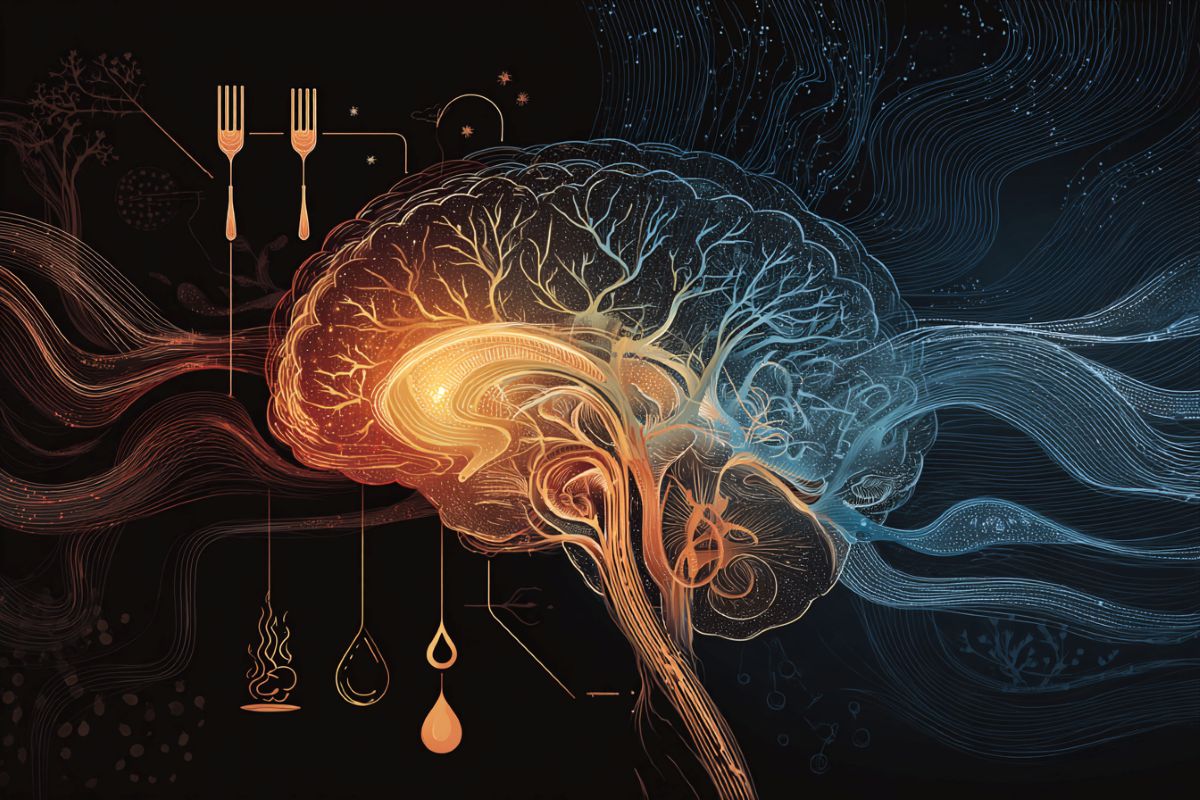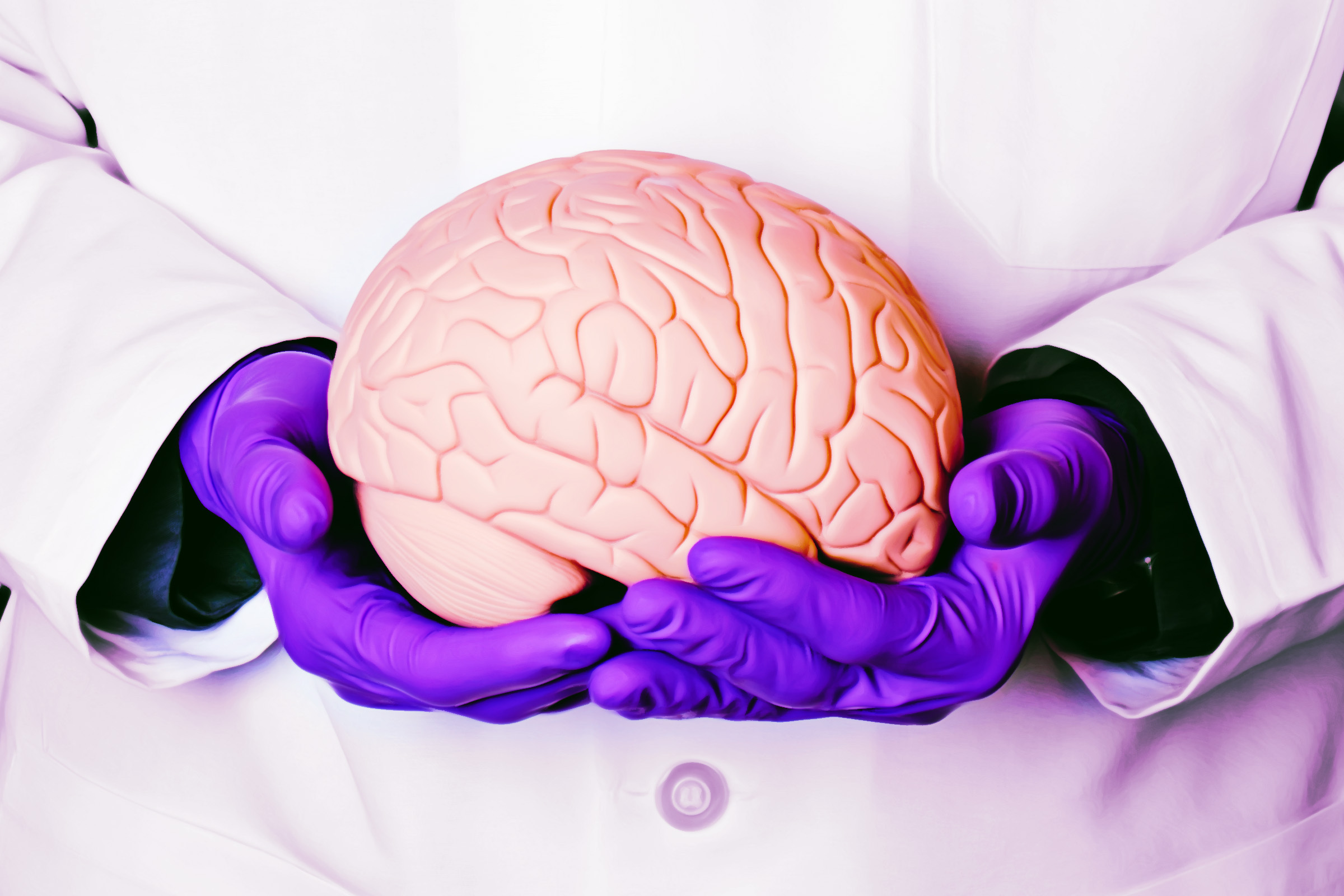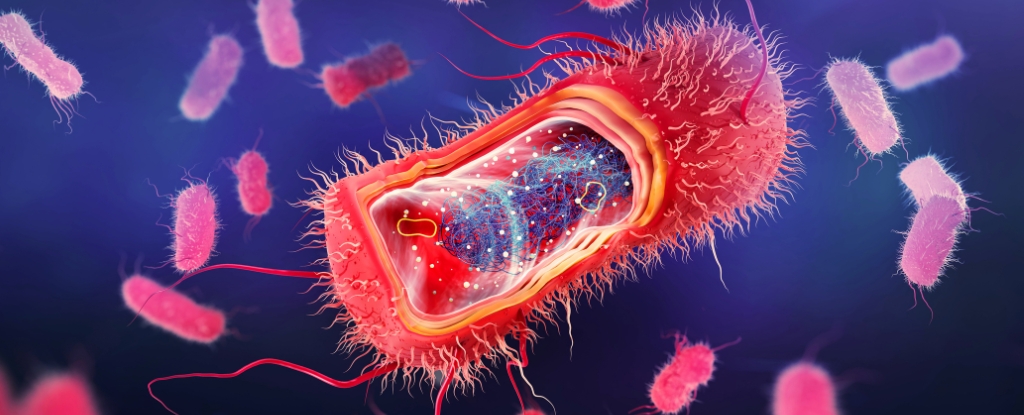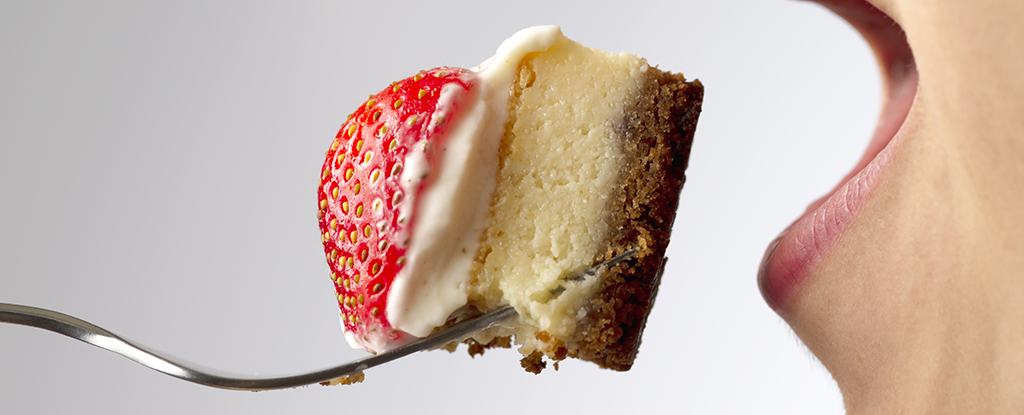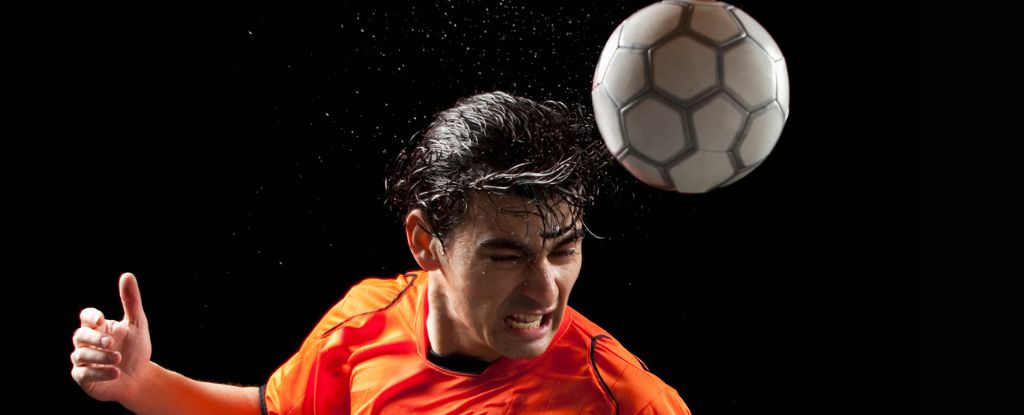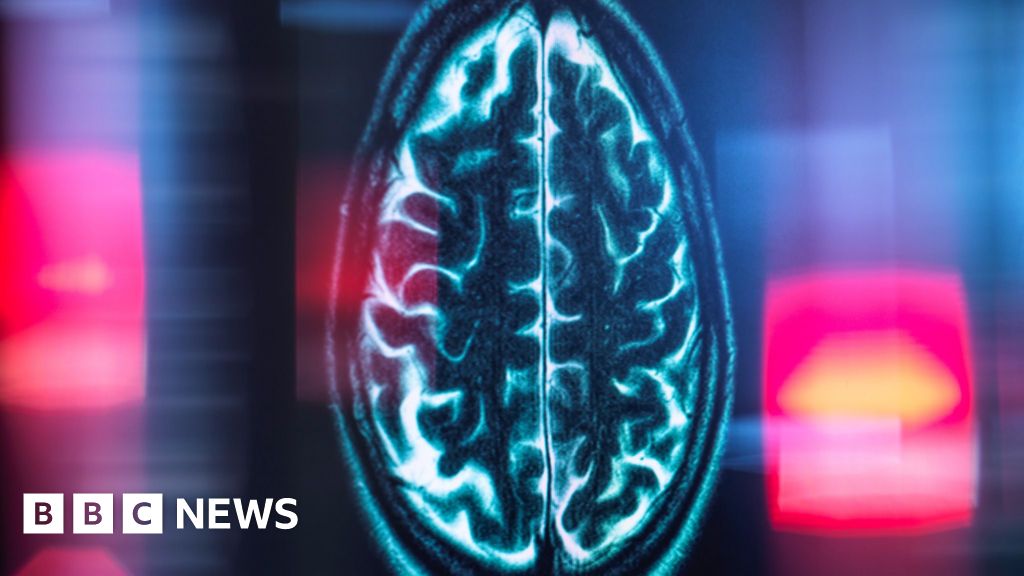What’s Poisoning Dolphin Brains Near Miami Could Be An Alzheimer’s Warning for Humans Study Finds Brains of Stranded Dolphins Showed Signs of Alzheimer’s Disease ScienceAlert Scientists Think Climate Change Is Causing Alzheimer’s-Like Brain Damage in Dolphins VICE Stranded Dolphins Might Be Getting Something Similar to Alzheimer’s Disease The Inertia Researchers Link Dolphin Beachings to Alzheimer’s-like Disease from Cyanobacterial Toxins SSBCrack Source link
Read More »Tag Archives: Brains
Hunger, Fear, and the Brain’s Hidden Switch to Turn Off Chronic Pain
Summary: Chronic pain affects nearly 50 million Americans, yet new research reveals the brain may have an internal switch that can turn it down. Scientists identified a group of neurons in the brainstem that regulate long-term pain by integrating signals related to hunger, fear, and thirst. When survival needs take priority, these neurons dampen pain through neuropeptide Y signaling, suggesting …
Read More »Brains of Stranded Dolphins Showed Signs of Alzheimer’s Disease : ScienceAlert
Might brain damage linked to Alzheimer’s be one of the reasons dolphins lose their way and end up stranded? It’s a possibility explored in a new study of 20 common bottlenose dolphins (Tursiops truncatus) stranded in the Indian River Lagoon, Florida, between 2010 and 2019. What’s more, the researchers behind the study have linked the signs of dolphin neurodegeneration to …
Read More »Our Brains Evolved to Socialize—but Max Out at About 150 Friends – The Wall Street Journal
Our Brains Evolved to Socialize—but Max Out at About 150 Friends The Wall Street Journal Professor claims humans can only sustain around 150 meaningful social relationships The Independent How many friends is too many friends? The scientific debate is raging The Independent Source link
Read More »People Are Horrified by Lab-Grown Human Brains
Earlier this year, John Hopkins University scientists revealed that they had created something astonishing: a miniature whole human brain. Specifically, it was a type of organoid, a small mass of human tissue grown from stem cells meant to mimic the function of our organs — and, most importantly, serve as a test bed to study diseases and new drugs for …
Read More »Fragments of Bacteria in Our Gut May Lull Our Brains to Sleep at Night : ScienceAlert
Pieces of bacteria migrating from the gut to the brain may play a key role in sleep, scientists have discovered, suggesting that the oldest and most basic microorganisms in our bodies are crucial in telling us when to nod off. These fragments are made of a chemical called peptidoglycan, which comes from bacterial cell walls in the digestive system. Previous …
Read More »Drugs Like Ozempic Quieten ‘Food Noise,’ in Our Brains, Study Finds : ScienceAlert
Obsessive, intrusive thoughts about eating – known as food noise – can be quieted through semaglutide drugs such as Ozempic, new research has revealed, further boosting the effectiveness of these treatments for weight loss. These drugs are known as receptor agonists, triggering cell responses to mimic the body’s natural glucagon-like peptide-1 (GLP-1) hormone, and reduce appetite and slow digestion. We …
Read More »Fat fuels our brains in new AIBN discovery – Australian Institute for Bioengineering and Nanotechnology
New research from the Australian Institute for Bioengineering and Nanotechnology (AIBN) has revealed that neurons in the brain use fats for energy, challenging decades of scientific thinking and opening the door to new treatments for neurological disease. For years, scientists believed that healthy neurons, the brain’s communication cells, relied solely on glucose and its metabolites to power their activity. But …
Read More »Soccer Headers Damage Brains Even Without Concussions, Large Study Finds : ScienceAlert
The world’s most popular sport is reckoning with serious health concerns. The largest study of its kind has now found that repetitively heading a soccer ball can negatively impact the brain, even in amateur players who don’t report concussions. Among 352 amateur adult soccer players, those who took more than a thousand headers a year showed microscopic changes to the …
Read More »Scientists pinpoint the brain’s internal mileage clock
Victoria GillScience correspondent, BBC News Getty Images Scientists have for the first time located the “mileage clock” inside a brain – by recording the brain activity of running rats. Letting them loose inside a small, rat-sized arena, the researchers recorded from a part of their brains that is known to be important in navigation and memory. They found that cells …
Read More »